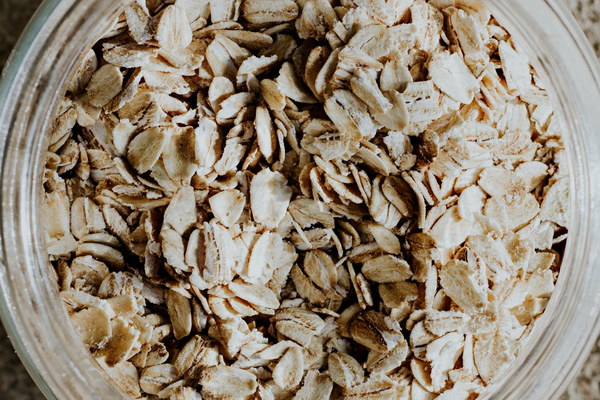Nurturing Your Lungs and Liver A Guide for Patients on How to Foster Wellness
In the quest for holistic health, patients often seek ways to nurture their internal organs, particularly the lungs and liver, which play crucial roles in maintaining overall well-being. Here’s a comprehensive guide on how patients can adopt practices to support the health of their lungs and liver.
Understanding the Roles of the Lungs and Liver
The lungs are vital for respiration, filtering the air we breathe, and ensuring oxygen reaches every cell in the body. The liver, on the other hand, is a metabolic powerhouse, responsible for detoxifying the blood, metabolizing nutrients, and producing bile for digestion.
1. Breathing Exercises
Deep breathing exercises can significantly improve lung function. Patients can try the following:
- Pursed Lip Breathing: Inhale through the nose and exhale slowly through pursed lips as if whistling. This helps to slow down the breathing rate and increase lung capacity.
- Diaphragmatic Breathing: Lie on your back with a pillow under your knees and hands on your abdomen. Inhale deeply, allowing your abdomen to rise, then exhale slowly through pursed lips.
2. Healthy Diet
A balanced diet can support both lung and liver health. Patients should consider the following:
- Fruits and Vegetables: Rich in antioxidants that help protect against oxidative stress and inflammation.

- Lean Proteins: Such as fish, poultry, and legumes, which provide essential amino acids without overloading the liver.
- Healthy Fats: Like those found in avocados, nuts, and olive oil, which can support liver function and reduce inflammation.
- Hydration: Drinking plenty of water helps the liver flush out toxins.
3. Avoiding Harmful Substances
Toxins can damage both the lungs and liver. Patients should:
- Avoid Smoking: Smoking is a leading cause of lung cancer and chronic obstructive pulmonary disease (COPD).
- Limit Alcohol: Excessive alcohol can lead to fatty liver disease.
- Reduce Exposure to Air Pollutants: Wear a mask when outdoors in smoggy or polluted conditions.
4. Regular Exercise
Physical activity improves lung capacity and helps maintain a healthy weight, which is beneficial for the liver. Activities include:
- Walking: A simple and effective way to increase lung capacity.
- Swimming: An excellent full-body workout that can enhance lung function.
- Yoga: Practices focusing on breath control can improve lung capacity and promote relaxation.
5. Stress Management
Chronic stress can affect both the lungs and liver. Patients can:
- Practice Mindfulness: Techniques like meditation and deep breathing can help manage stress.
- Engage in Relaxation Techniques: Such as progressive muscle relaxation or tai chi.
6. Regular Check-ups
Regular health check-ups are crucial for detecting any potential issues early. Patients should:
- Undergo Pulmonary Function Tests: To assess lung health.
- Schedule Liver Function Tests: To monitor liver health and detect any signs of liver disease.
Conclusion
By implementing these practices, patients can take proactive steps towards nurturing their lungs and liver. Remember, it’s about adopting a holistic approach that combines physical, dietary, and mental health practices. With consistent effort, patients can improve their quality of life and support their body’s natural processes for years to come.









